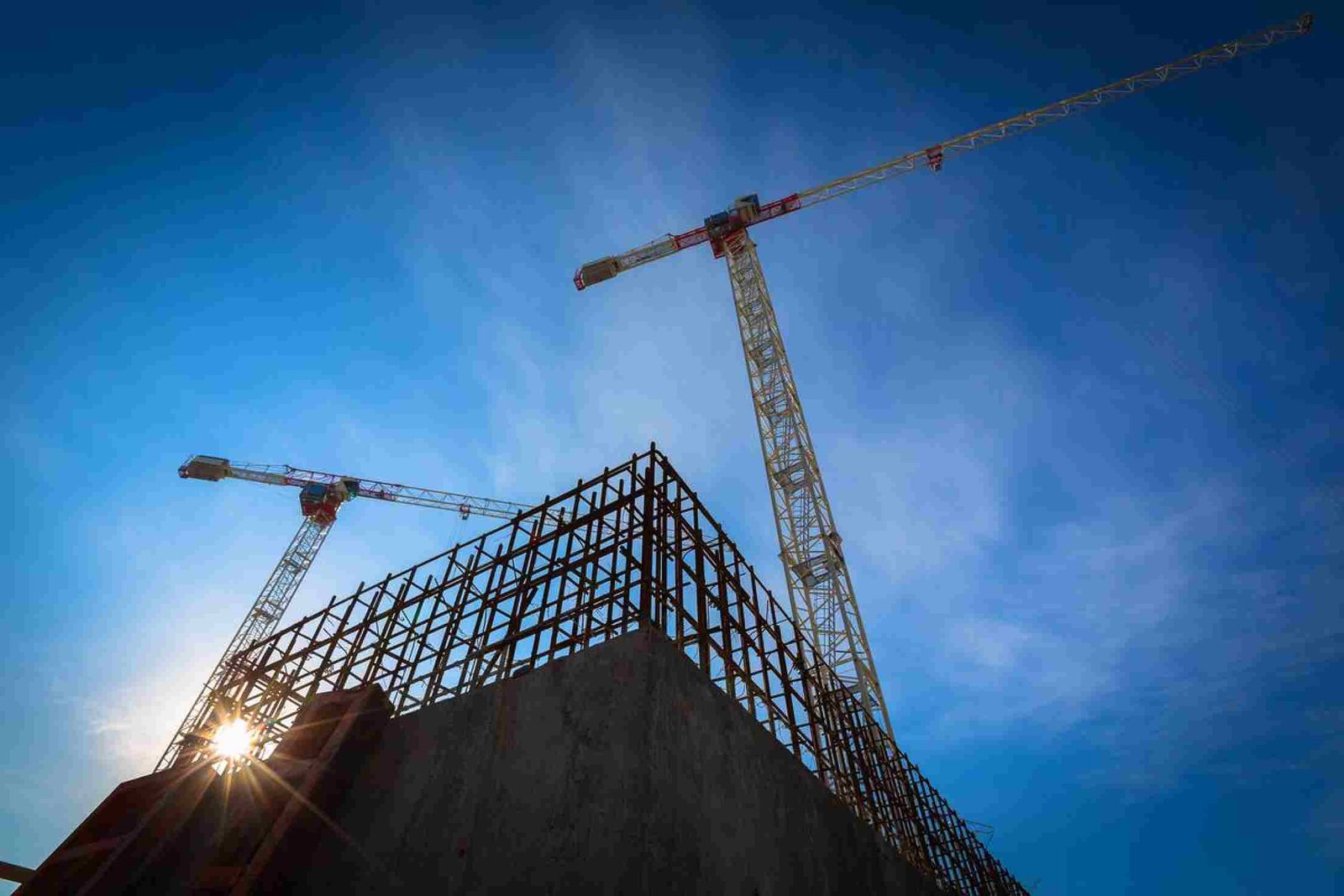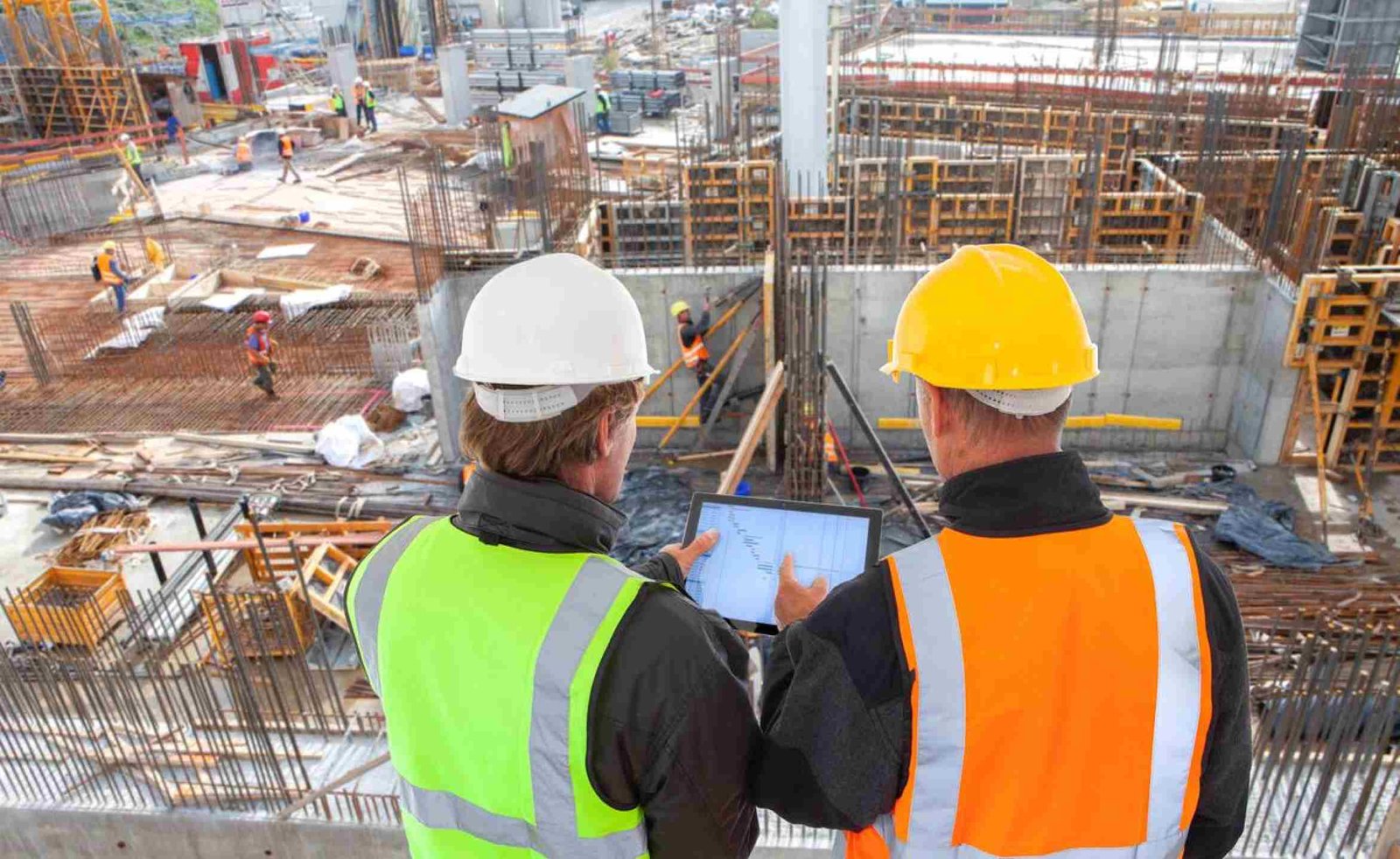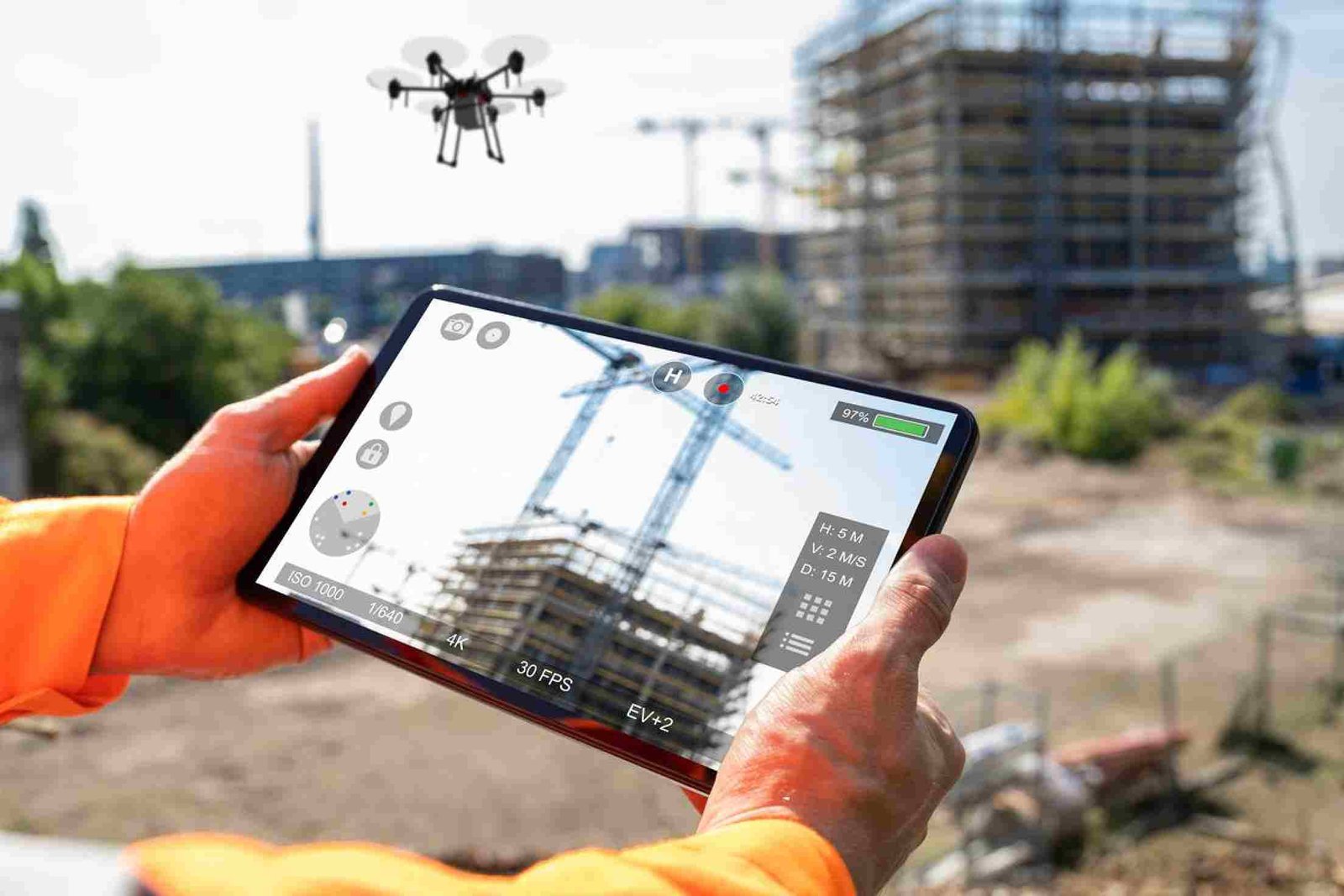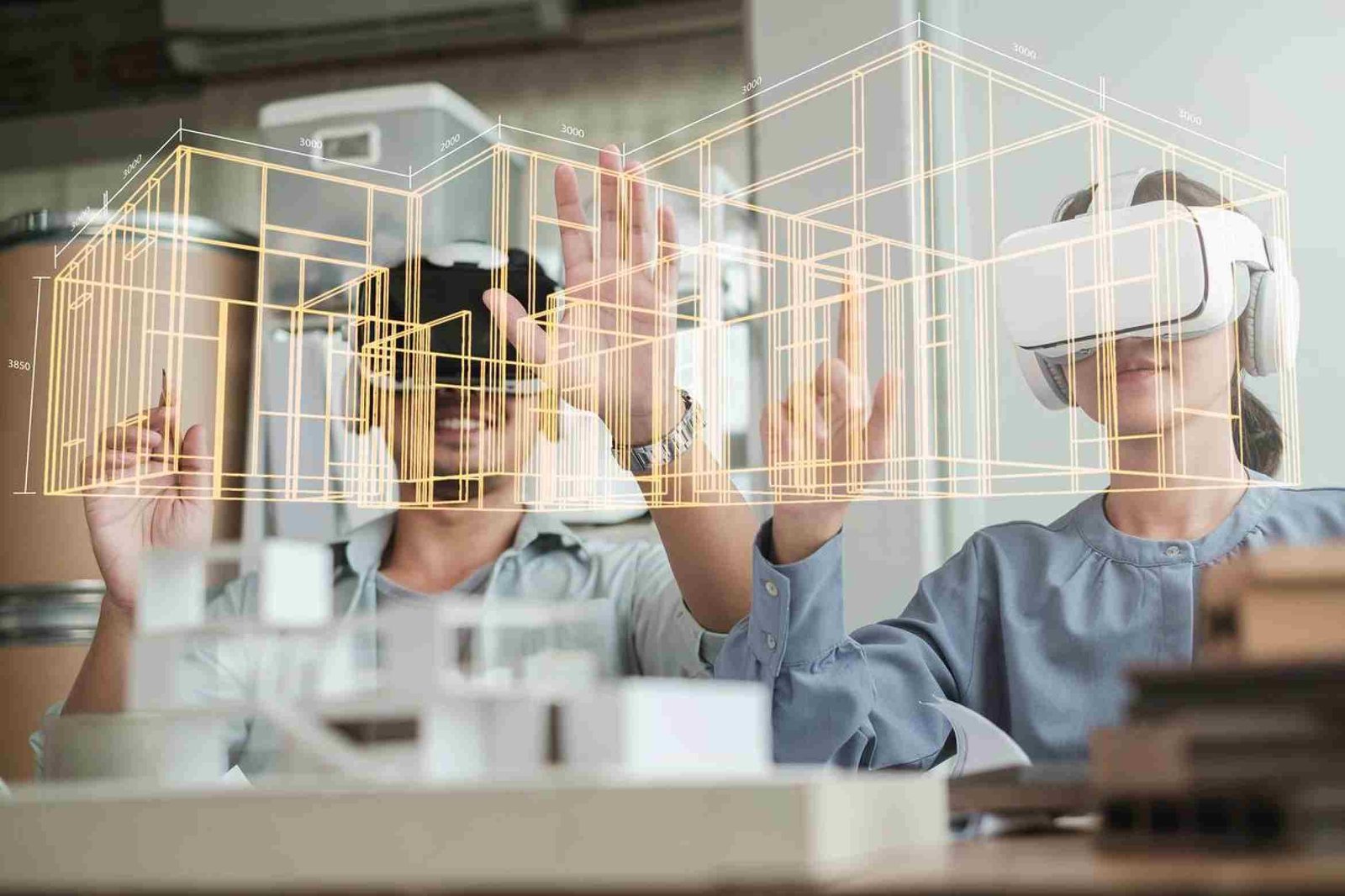The Exciting Role of Technology in Modern Construction Companies in Pakistan
In the bustling landscape of modern construction companies in Pakistan, Technology has greatly impacted every sector of the economy, and the construction industry is no exception. Construction companies in Pakistan are leveraging technology in unique ways to improve productivity, accuracy, and profitability, and the role of technology has evolved into a pivotal factor that can make or break the success of any project.
Advancements in construction technology have led to the development of innovative tools, materials, and applications that ensure safer, more efficient, and cost-effective completion of construction projects. In this article, we will delve into the dynamic relationship between technology and construction companies in Pakistan, exploring the key areas where innovation is reshaping the way we build.
Real-time Project Management:
One of the most significant impacts of technology on construction companies in Pakistan is in the realm of real-time project management. Traditionally, managing construction projects involved a substantial amount of paperwork, communication hurdles, and on-site coordination challenges. However, modern technology has introduced innovative solutions that optimize project management and streamline workflows.
Technology has enabled real-time project management through the use of cloud-based software and mobile applications. Construction companies in Pakistan can remotely access project progress, communication tools, and schedules 24/7. This has enhanced collaboration, document sharing, and document management among teams of professionals in various locations. Real-time project management also allows for early problem detection and effective resource allocation.
Building Information Modeling (BIM):
BIM is a computer-based tool that allows construction professionals to create and manage digital representations of buildings and infrastructure projects. The tool enables the simulation of construction processes, including design, fabrication, installation, and maintenance. BIM reduces errors, enhances cost estimating, and accelerates project delivery. In addition, BIM models can be shared across teams to ensure a more collaborative approach to construction projects.
At the heart of construction projects lies the blueprint, a comprehensive plan that guides every aspect of the building process. In the past, these blueprints were often cumbersome physical documents that required constant revisions and were prone to errors. However, with the advent of Building Information Modeling (BIM) Technology, this has changed dramatically.
BIM has become a cornerstone of modern construction in Pakistan. It enables professionals to create detailed 3D models of structures, incorporating every element, from electrical systems to plumbing. This not only streamlines the design process but also allows for greater accuracy and collaboration among various stakeholders. BIM has become the digital backbone of construction projects, reducing errors, cutting costs, and expediting timelines.
Drones:
Drones are increasingly becoming popular in the construction industry, especially in surveying and inspection of inaccessible areas. These uncrewed aerial vehicles are equipped with cameras and sensors that provide a bird’s-eye view of construction sites. Construction companies in Pakistan are leveraging drone technology to map sites, inspect structures, and monitor safety concerns, among other tasks. Drones offer a multitude of benefits, from surveying large areas quickly and accurately to monitoring progress and detecting potential issues, which enhance decision-making and reduce errors.
Augmented Reality (AR):
AR is also being employed for on-site training and safety. AR technology is ideal for construction companies that want to enhance project visualization, communication, and coordination. AR tools allow project stakeholders to visualize structures in 3D, improving their understanding of the project. In addition, AR devices facilitate site inspections, change orders, and quality control. AR technology has led to improved safety, reduced errors, and decreased project completion time.
Augmented Reality (AR) is finding its place in the toolbox of construction companies in Pakistan. AR technology overlays digital information onto the real-world environment, providing a unique perspective for construction professionals. For instance, architects and engineers can use AR to visualize their designs in the context of the construction site, allowing for better efficiency and reducing the risk of errors in construction projects.
Modular Construction:
In Pakistan, where rapid urbanization and population growth are driving the demand for construction, modular construction is a practical solution to meet housing and infrastructure needs. Modular construction involves building structures in a factory setting and then transporting them to the construction site for assembly. Modular construction has gained traction in modern construction companies in Pakistan due to its speed, quality control, and cost-effectiveness. Additionally, modular construction limits waste, reduces environmental impact, and enhances safety on the job site.
Modular construction is gaining traction in Pakistan thanks to advancements in technology. This construction method involves assembling building components in a controlled factory environment before transporting them to the construction site for final assembly. It offers several advantages, including reduced construction time, cost savings, and improved quality control.
Conclusion:
In conclusion, technology continues to revolutionize the construction industry in Pakistan, enhancing productivity, safety, and cost-effectiveness. Above are just a few notable examples of how emerging technologies have positively impacted the industry. Construction professionals in Pakistan must embrace these technological advancements to remain competitive in today’s construction landscape. The role of technology in modern construction companies is to ensure that project delivery is faster, more efficient, and more cost-effective. Construction companies that adopt these technologies stay ahead of the competition and stand to reap the most significant benefits.
As construction professionals in Pakistan embrace these technological advancements, they position themselves at the forefront of an industry that is poised for continued growth and innovation. While there are challenges to overcome, such as initial investments and the need for ongoing training, the rewards in terms of efficiency, sustainability, and safety are well worth the effort. The construction landscape in Pakistan is changing, and those who harness the power of technology will lead the way into a brighter, more innovative future for the industry.










